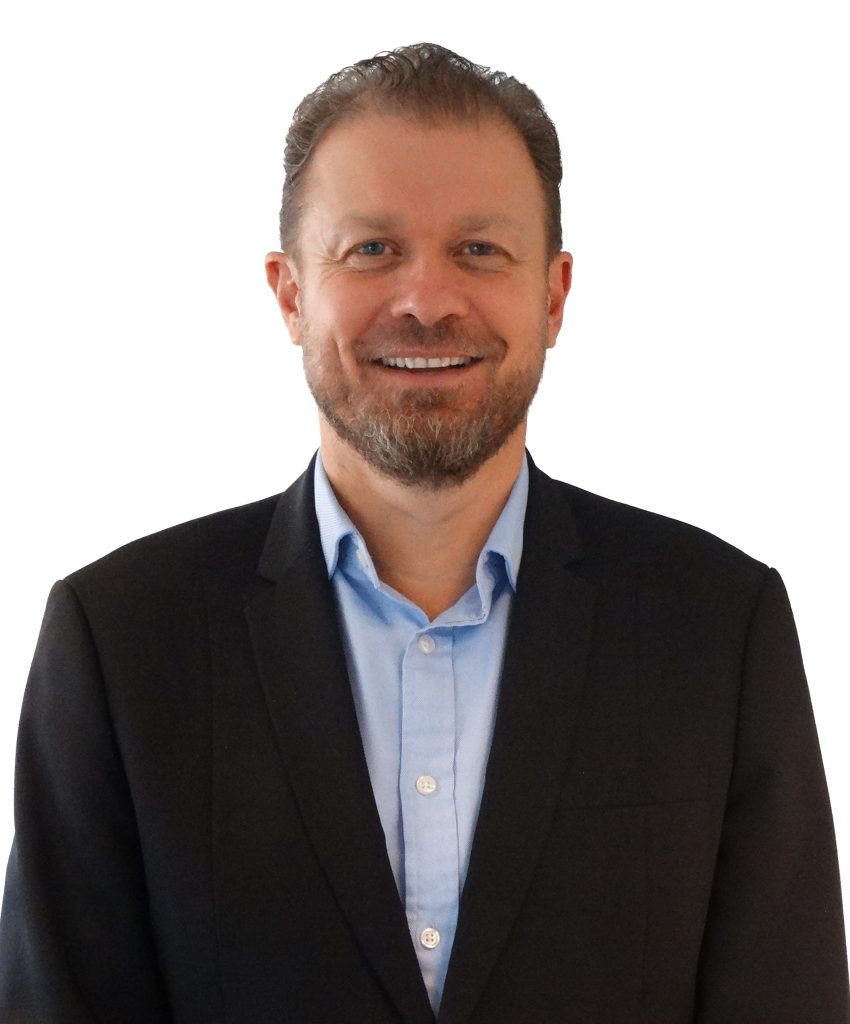The role of suppliers in the energy transition
Article by Colin Elcoate, CEO of Alderley
Published in Oil and Gas Middle East magazine
03.08.21
It’s great to see our CEO Colin Elcoate‘s recent piece in Oil and Gas Middle East magazine, talking about the opportunities for solutions providers in the supply chain to make the Gulf’s energy sector more efficient and sustainable.
Read the full piece below:
How specialist solutions providers can help the Gulf’s energy sector to meet rising demand and transition to a more efficient and sustainable industry
Six months into 2021 and with the global economy bouncing back following the pandemic, the Middle East energy industry must once again assume its role as a fulcrum for growth.
The region’s oil and gas sector faces two major current challenges: powering global economic growth and managing a smooth transition to a low carbon future to meet ever tougher climate goals.
The need to transition to a low carbon future has become more acute. Indeed, as I write this, the IEA has just published its NetZero by 2050 Report, which calls for new projects in the oil and gas industry to end to meet the Paris climate commitments.
There is almost universal acceptance of the need to make the industry more sustainable but how does the energy sector react to unsettled times and how can companies in the supply chain anticipate and stay ahead of market trends?
From expansion to efficiency
A good starting point is for producers in the Gulf to get the best out of existing resources – a central theme of the IEA’s recent 2050 report. It is no exaggeration to say that every client that approaches us does so in the belief that they can work more efficiently. New approaches to technology are crucial to driving efficiency savings.

Central to this is the integration of new digital solutions that will be the key growth driver in the coming decade. New solutions allow work in complex areas such as metering to be done remotely thereby making processes safer and cheaper.
Connected asset integrity and performance management solutions deliver both safety and environmental benefits as all information can be gathered online remotely and accurately, and expensive and unnecessary transport and mobilisation costs can be avoided.
However, where physical intervention is still required it is crucial to be able to have the capability to deploy local solutions on the ground not just in terms of resolving complex technical issues but also to establishing successful client relationships.
A good example of this can be found in mobile calibration, which reduces the costs associated with off-site calibration thereby minimising the need for downtime.
Alderley recently developed a containerised Small Volume Prover (SVP) for a customer based in Oman. The mobile SVP system tests and verifies the performance of liquid custody metering systems, provers, or master meters directly on site delivering key benefits.
This is one example of many innovative solutions that improve efficiency but is instructive of the impact that novel solutions are making across the Gulf.
Efficiency gains also relate to the development of new energy sources as well as the skills and know-how for their successful deployment. Digitally enabled metering solutions will be crucial to the successful rollout of new energy sources such as hydrogen and to new technologies like CCUS. On-site training to accompany any new technology initiative embeds expertise locally.
As solutions providers we will take our learnings and embed them throughout – the Gulf’s energy sector is a leading region for the deployment of new technology and digital solutions.
Solutions not products and the benefits of localisation
It has been clear for many years that clients do not buy products; they buy solutions.
Solutions are a global challenge that can only be developed with the right people working together in collaborative, innovation-focused teams to provide bespoke engineering. The responsibility for this shift in mindset sits not just with the well-known large producers, it goes for the whole energy supply chain.
With an energy sector in transition and a global economy in flux, there is greater need than ever for specialist solutions providers to bridge the gap between the IOCs / NOCs and the OEMs through agile, client-focused local teams.
Faster-to-deliver and better-informed local teams enable specialist solutions providers to get much closer to clients to co-create solutions through localisation initiatives. As the global pandemic continues in 2021, local, in-country teams have provided inherently better business continuity and support through these difficult times.
Examples of how a focus on developing local solutions have paid dividend can be seen across the current Middle East Oil & Gas industry. Companies like Alderley that have invested for the long-term – we have had Gulf-based operations for over 20 years – are seeing that commitment rewarded through increased collaboration and innovation with the NOCs.
Together with Saudi Aramco, in recent years we have developed modular wellsite skids – a solution that includes a complete wellsite control and safety process system with digital technology all integrated onto a single skid. This was only possible through a close collaboration on-the-ground with the client.
Rather than shirk the challenge of competition, companies need to think strategically and invest for the long-term.
Golden opportunity for the Gulf’s energy sector
As we emerge from this pandemic there is a golden opportunity for the Gulf’s energy sector to redefine itself. In the article above, I have highlighted several ways in which we can make the sector more sustainable and support the energy transition.
Above all, solutions providers must take a long-term perspective, understand the value chain and where and how to add value with clients that prioritise localisation and the intimacy that this provides. By doing this, solutions providers will be able to deliver on their key USP of maximising the value and efficiency of their clients’ assets in a changing sector.
https://www.oilandgasmiddleeast.com/products-services/38714-the-role-of-suppliers-in-the-energy-transition

